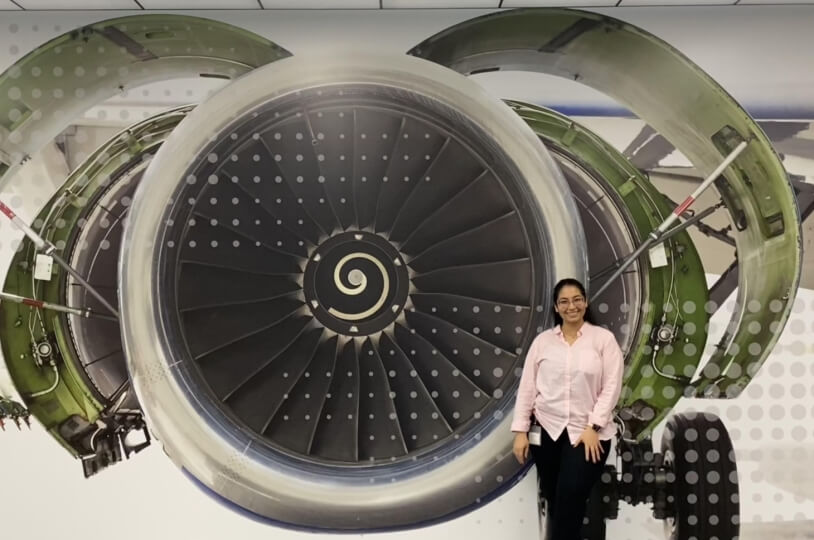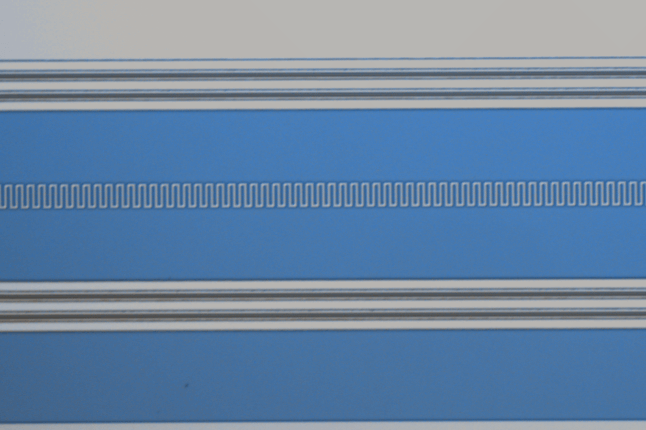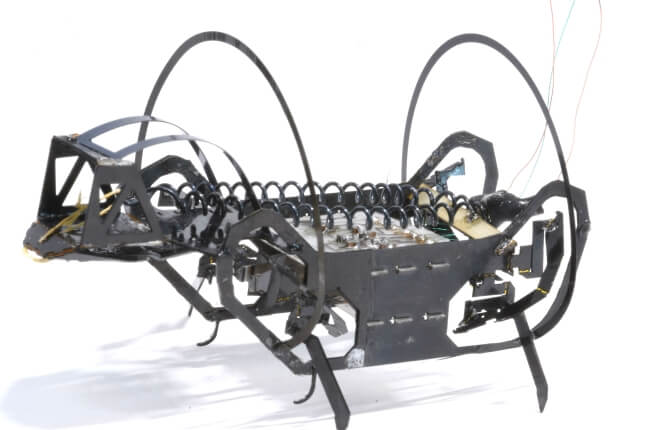News
Roaa Marei, S.B. '25
Roaa Marei loves to fly. The cover image of her LinkedIn profile is an airplane flying in a partly cloudy sky, and her profile image is her in an airplane cockpit. She’s part of the Harvard Students for the Exploration and Development of Space, as well as the MIT Flying Club. She plans to someday apply for a pilot’s license, and is set on working in the aerospace or aeronautical engineering industry after finishing her mechanical engineering studies at the Harvard John A. Paulson School of Engineering and Applied Sciences (SEAS).
“It’s a miracle to be able to fly planes, which are massively heavy and complex structures, into the air with just the propulsion system and the engines,” Marei said. “The integrated systems, how everything just fits together, is so cool to me. It always feels surreal every time I get on a plane!”
Marei, S.B. ‘25, got her first taste of her dream career this past summer in Colorado, where she interned at Woodward, Inc., an American designer, manufacturer, and service provider of control system components for aircraft engines for some of the world’s largest aircraft companies. Marei was part of the platform development engineering team at Woodward, helping train the operations and engineering teams on crucial aircraft components such as rotors, test speed sensors and differential transformers.
“This was my very first internship, and I was amazed by the aerospace industry,” she said. “We were always crunched under deadlines, and customers, understandably, requested large work orders. There was always a pressure to perform your best and provide them with the best possible units made at our plant. This taught me a lot about how demanding and fast-paced the industry is, but it also confirmed and reassured me that I really want to work in the aerospace industry.”
The internship required Marei to use both her technical engineering and interpersonal skills. She worked with both the engineering and operations teams at Woodward, and found that the terminology she used had to change based on each team’s level of expertise, a critical communication skill for professional engineers.
“The operations team didn’t necessarily have engineering degrees, so I had to break down technical terms into everyday words that we use,” she said. “It taught me to be specific and precise. Even if I have to repeat things three or four times, that’s totally fine. I’d rather be more repetitive and ensure each step is correct than have to rework the entire process.”
Roaa Marei, S.B. '25, next to a jet engine during her summer internship at Woodward, Inc. in Colorado
Marei also helped train the teams through product displays and visual work instructions on how to manufacture specific products. That brought its own unique thrill, as the instructions she created could be used long after her internship ended.
“We used a system where you can publish step-by-step detailed instructions to everyone on the floor,” she said. “I was really proud when I published my visual work instructions on how to build the rotor. It said ‘Prepared by Roaa Marei.’”
With two years of engineering coursework complete, Marei felt well-prepared for this internship. “ES120: Introduction to the Mechanics of Solids” taught her techniques such as stress analysis and free-body diagrams, which she used frequently at Woodward. She also routinely drew on the drawing skills she developed in “ES51: Computer Aided Machine Design,” while “PS12B: Electromagnetism and Statistical Physics from an Analytic, Numerical and Experimental Perspective” helped her understand the wire coils inside the rotors.
Marei’s is planning to return to Woodward this winter. She’ll have another semester’s worth of engineering knowledge when she goes back, which will propel her even farther into the career she’s always wanted.
“I got to apply many of the things I learned at Harvard,” she said. “The internship taught me the nitpicky technical knowledge I’d need to extract from my courses that could be applied here.”
Topics: Industry, Materials Science & Mechanical Engineering
Cutting-edge science delivered direct to your inbox.
Join the Harvard SEAS mailing list.
Press Contact
Matt Goisman | mgoisman@g.harvard.edu




